The other three rules for video content
Okay, so yesterday I shared a blog about three guiding principles we'd used when designing the updated Thought Leaders curriculum... and funnily enough I wonder if the most insightful (or at least, immediately useful) ideas were the bit I included almost as an afterthought at the end. Here's what I said:
"If you're creating a quick video for use on social media that will appear in the newsfeed once and then disappear to the mists of time, the rules are very different. (Without thinking about it too much, I'd say the top three are Be Helpful, Be Authentic, and Just Upload The First Take You Raging Perfectionist)."
On reflection, I reckon those three rules might be kinda profound, so I thought I'd take a moment to unpack them a little (they're relevant to anyone who wants to grow a brand, business or personal, through video content marketing).
Be Helpful
There's a section in my book Speakership where we talk about the importance getting your attention up, out of yourself, and out into the audience. This is difficult on stage, but it's often even more difficult when creating a video since there is no audience... at least not one that's physically present or temporally synchronous.
As a result, often when we present to video our focus is subconsciously inward. Before filming we think "what am I going to say?", while filming we're thinking "am I doing okay?", and after filming we're thinking "oh that's awful I should film that again".
Notice all the 'I's...? That's inward attention. It’s subtle, but videos depicting a person whose attention is inward are much less engaging.
So the first rule, "Be Helpful", is a reminder to yourself that you are the least important aspect of this video. What matters is who's watching it, and what's going on for them at the moment, and how a little bit of magic from you might make their day a little better somehow. Before filming we should think "what problem they have?", during filming we should think "is this serving their needs?", and after filming we should think "will they find this useful?".
I love this quote from Tim Grahl (he's a book marketing expert): "Marketing is creating lasting connections with people through a focus on being relentlessly helpful."
If you can learn to think less about yourself and more about your audience when you're presenting, everything improves.
Be Authentic
The world cares a lot less for perfection than we think it does. People worry a lot less about your flaws than you do. The 'image' you feel you need to craft and present to the world is far less interesting than you—the real you—really are.
So go ahead, say "um". Flub a line, and repeat it. Make a mistake, and carry on. None of this stuff matters. We, your audience, aren't easily fooled and we're not that attracted to perfection anyway. Turn on your camera and start talking, that's all we want.
Now, the paradox here is that for many people, turning on your camera is almost the surest method of sending your authentic self running for the hills! I've met many people who believe that speaking candidly to camera is something they'll never be able to do, and I strongly disagree in every case.
I've never met a person who couldn't speak candidly to a camera, after spending at least a few hours first speaking awkwardly to a camera. A tiny bit of practice dispels all the weirdness, I promise. So, if speaking to camera currently turns you into Forrest Gump, just commit to talking to a camera for five minutes a day. You can tell your camera whatever you want. Tell it about your hobbies, or the weather, or your kids' athletics carnival results. It really doesn't matter.
After a week or two, you'll notice it's not that weird, and you really can be you in front of a camera. (You may notice this makes you a better speaker on stage, too. I certainly did).
Just Upload The First Take You Raging Perfectionist
The final rule is pretty straightforward. If you take and re-take every video until your delivery is perfect, you'll find you don't do video any more, because your delivery is never perfect. The other thing you'll discover is, you get worse with each take anyway!
Whenever I've shot multiple takes of something, the best take is almost invariably the first take. If you've come with an intent to be helpful, and done your best to be authentic, your first take will be absolutely perfect as it is, flaws and all.
Keep creating :)
Photo by Aleks Marinkovic on Unsplash
